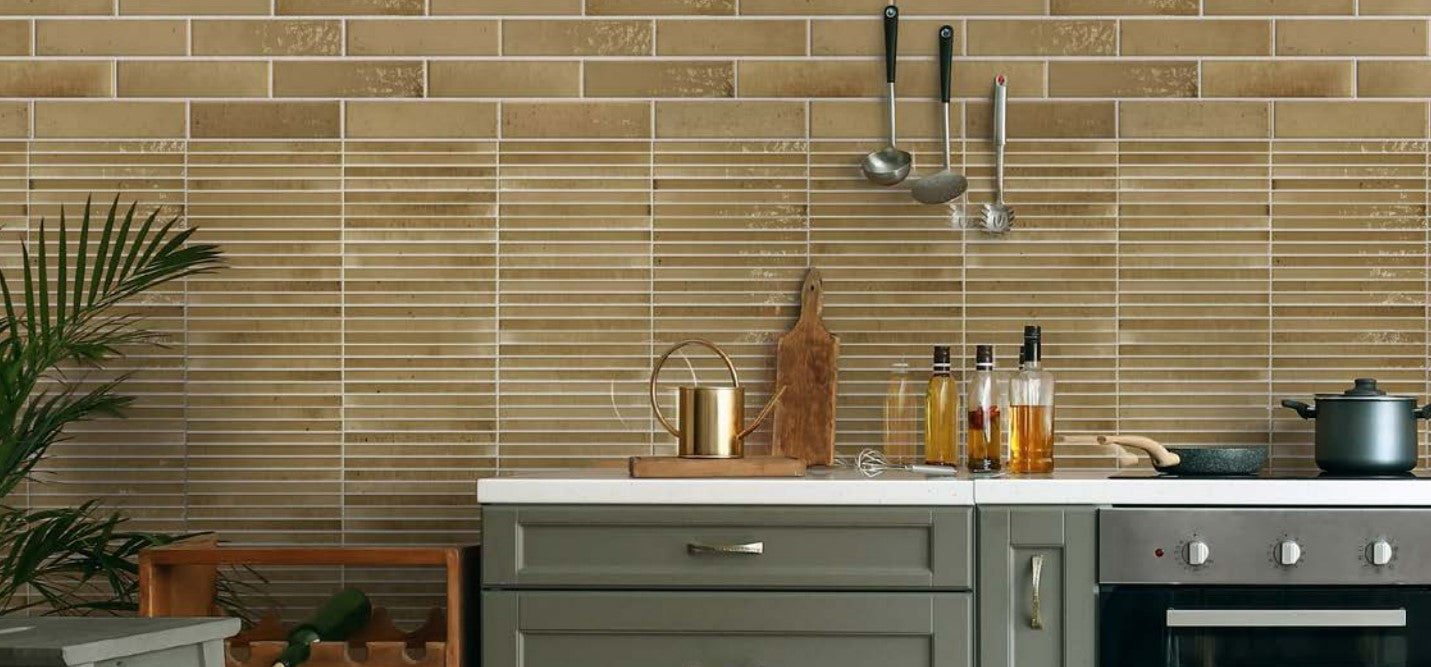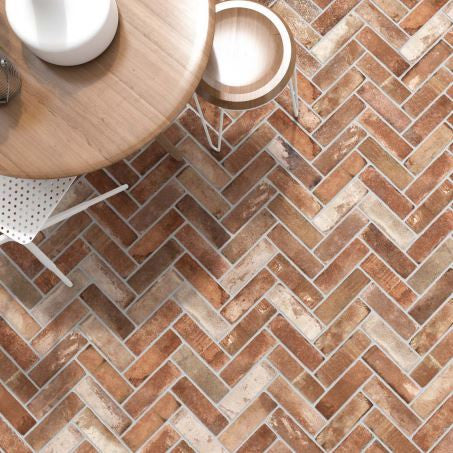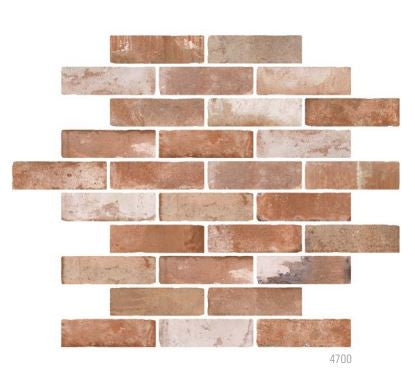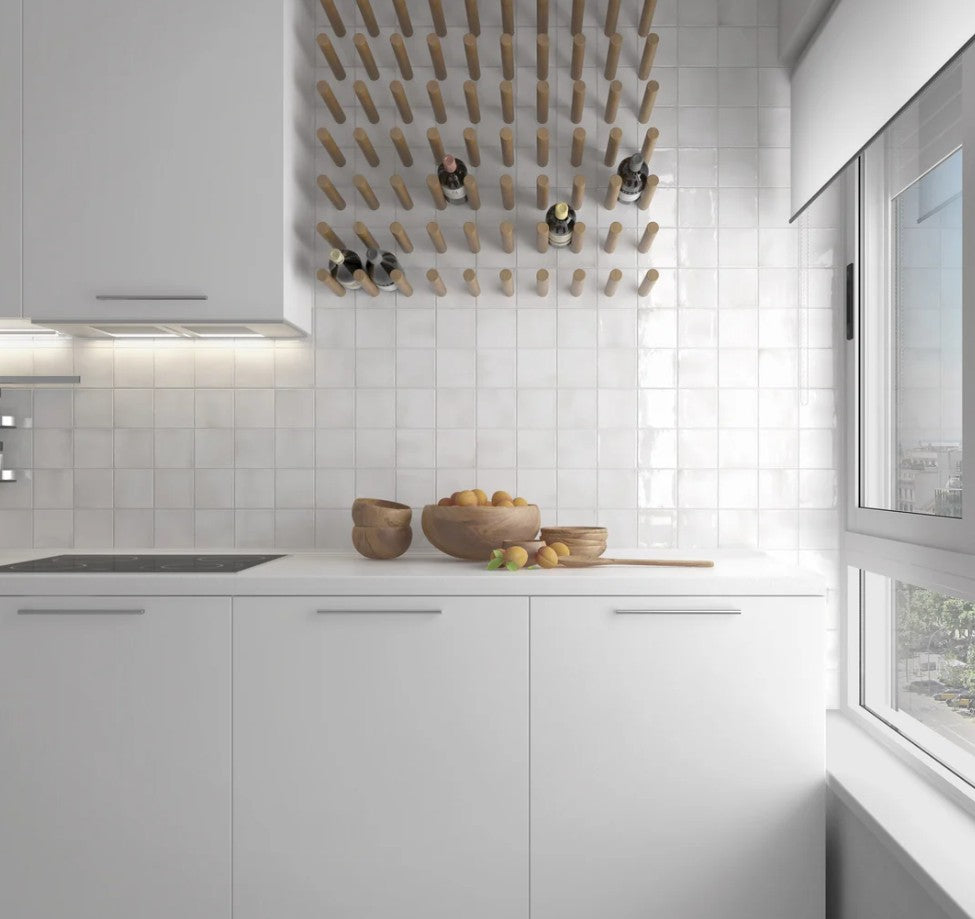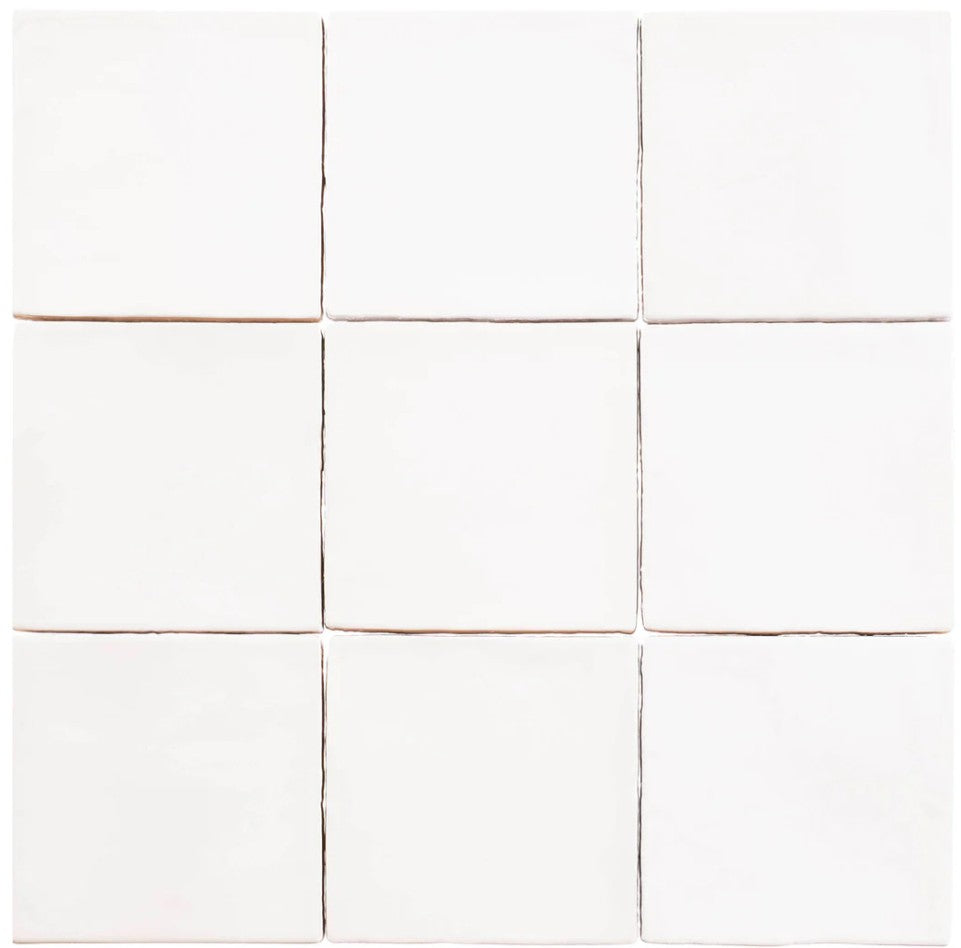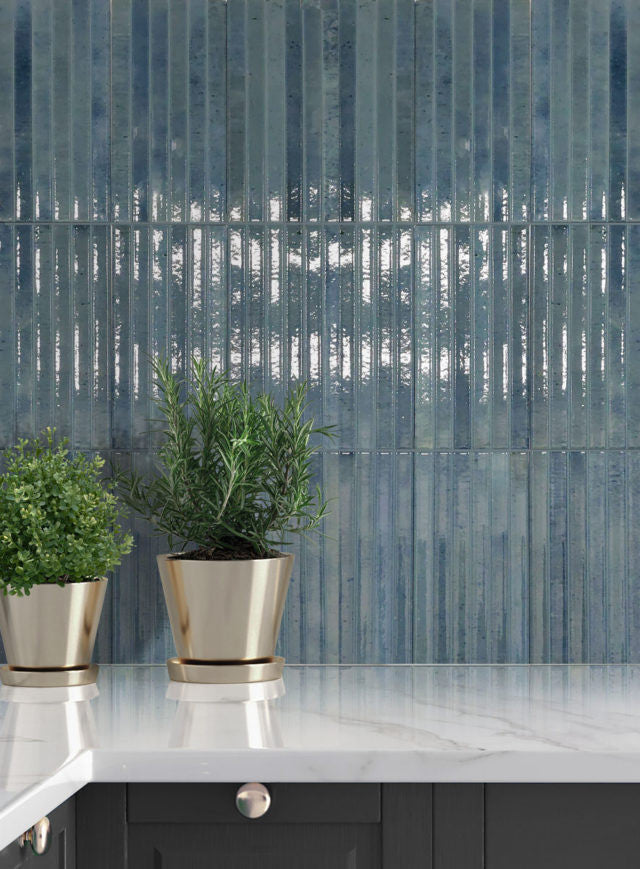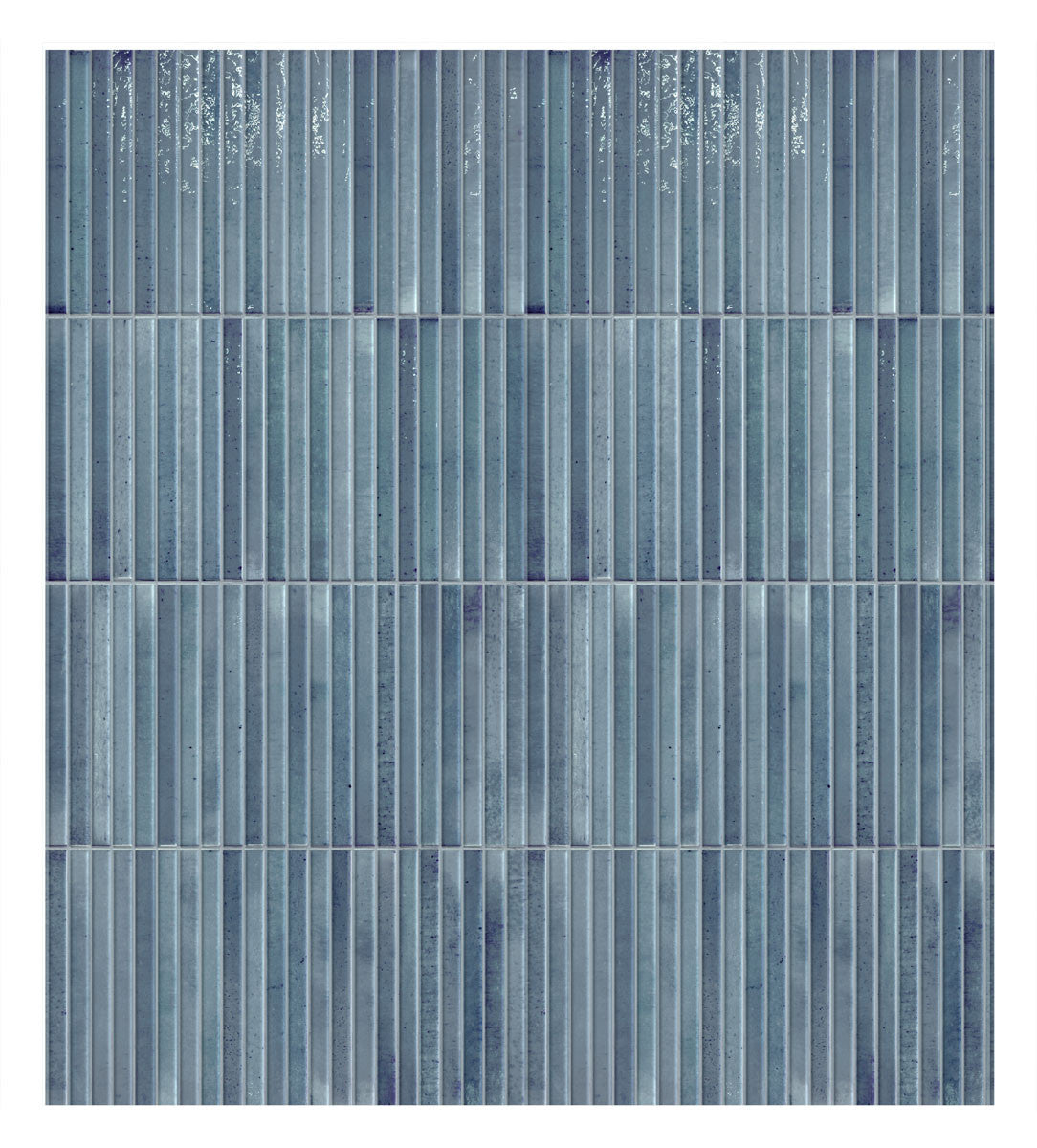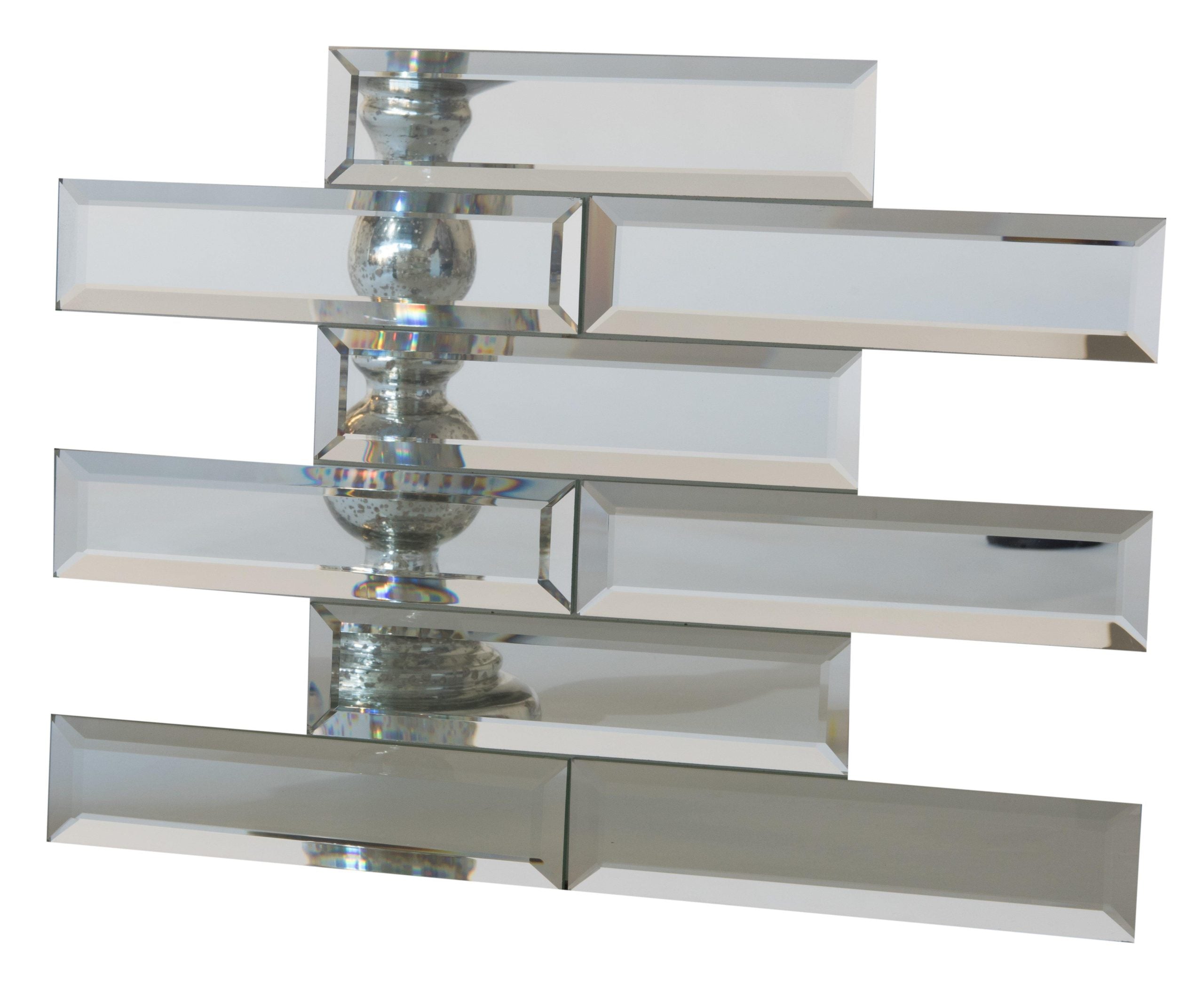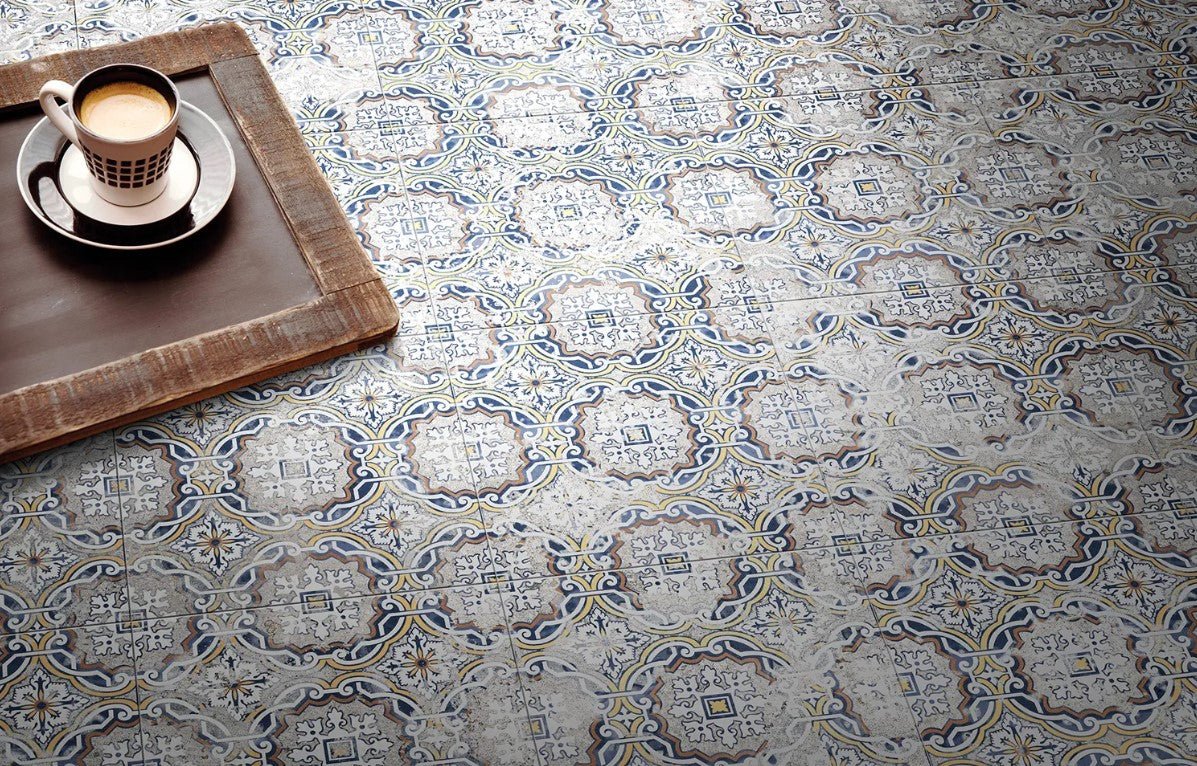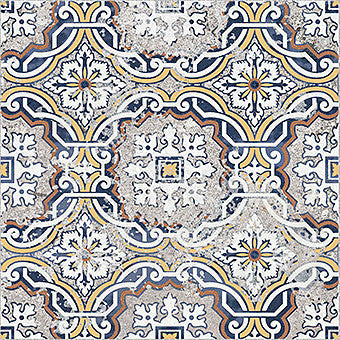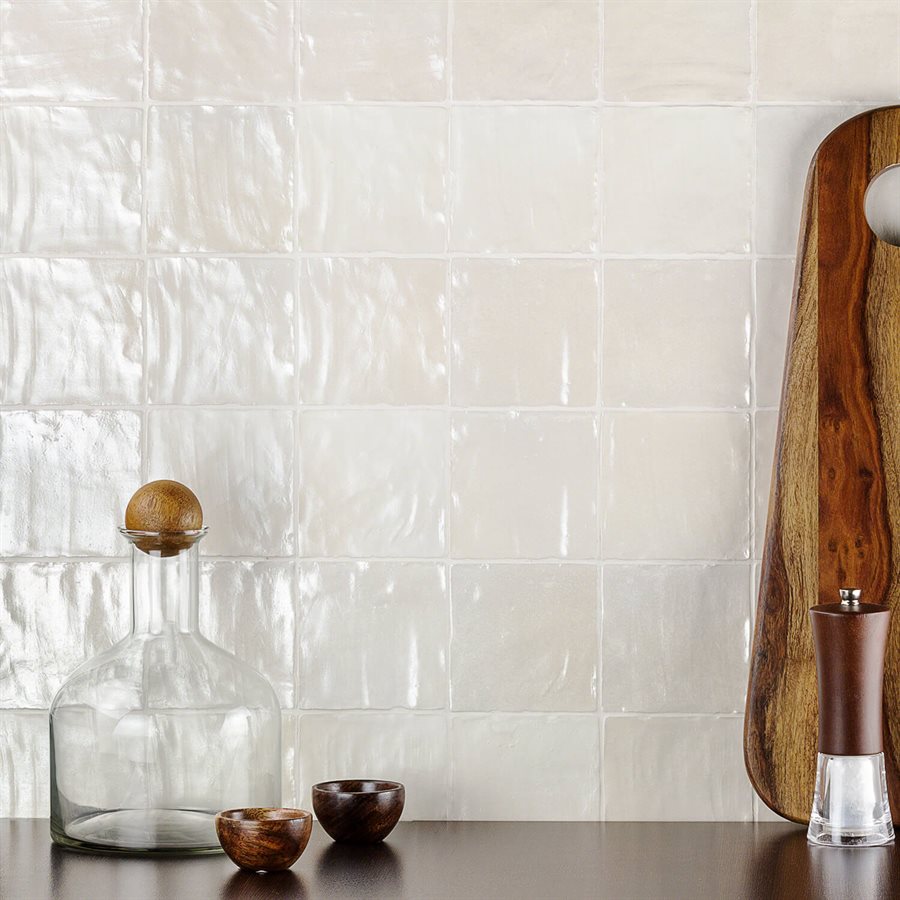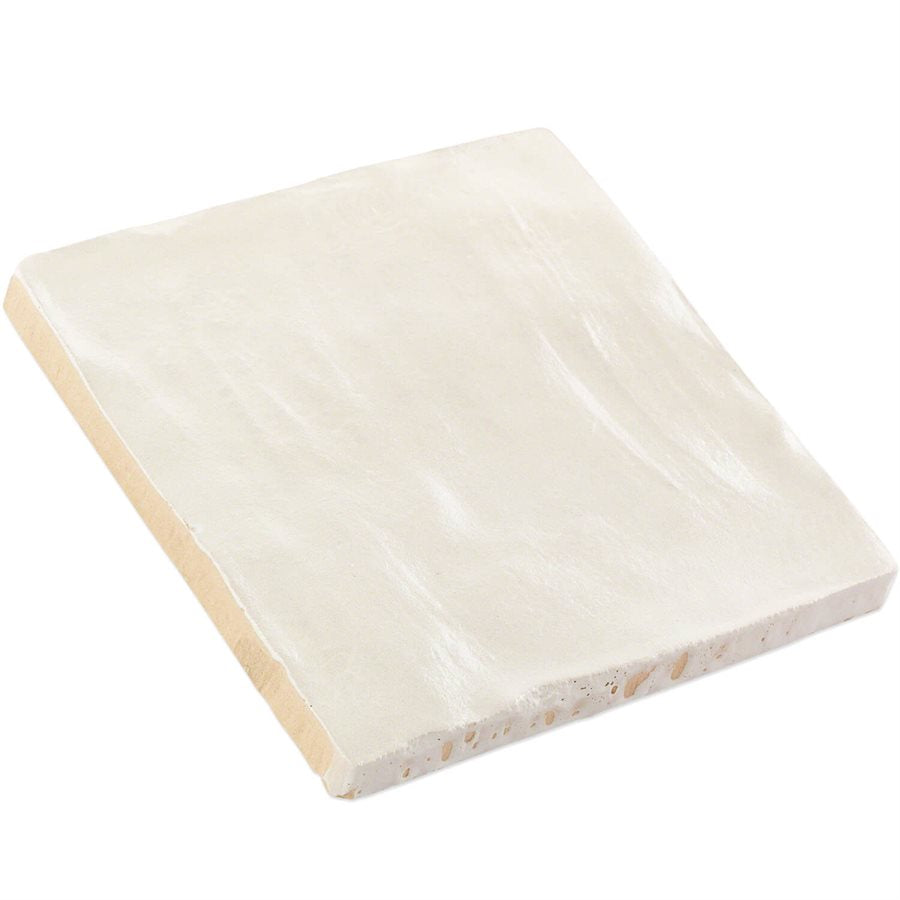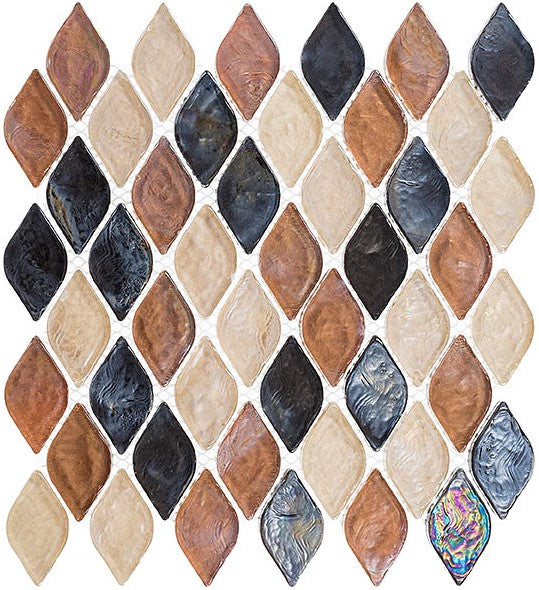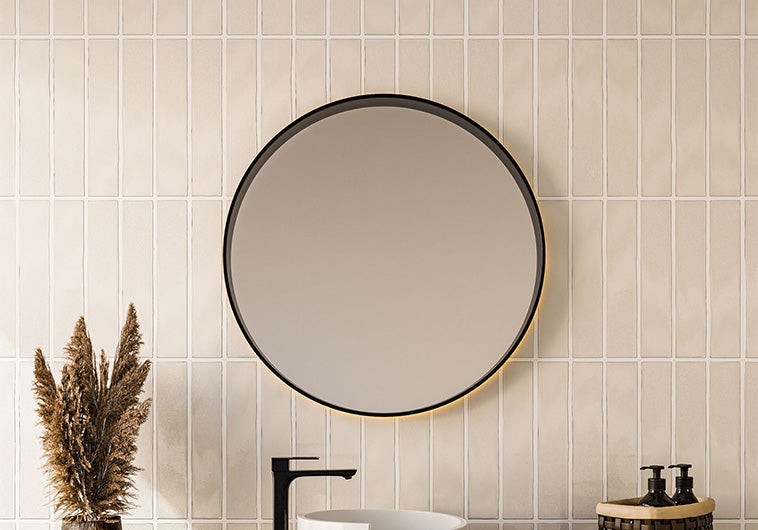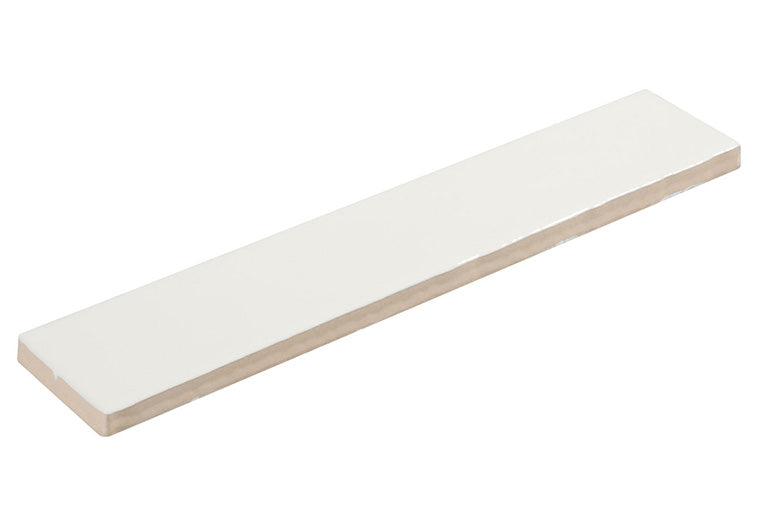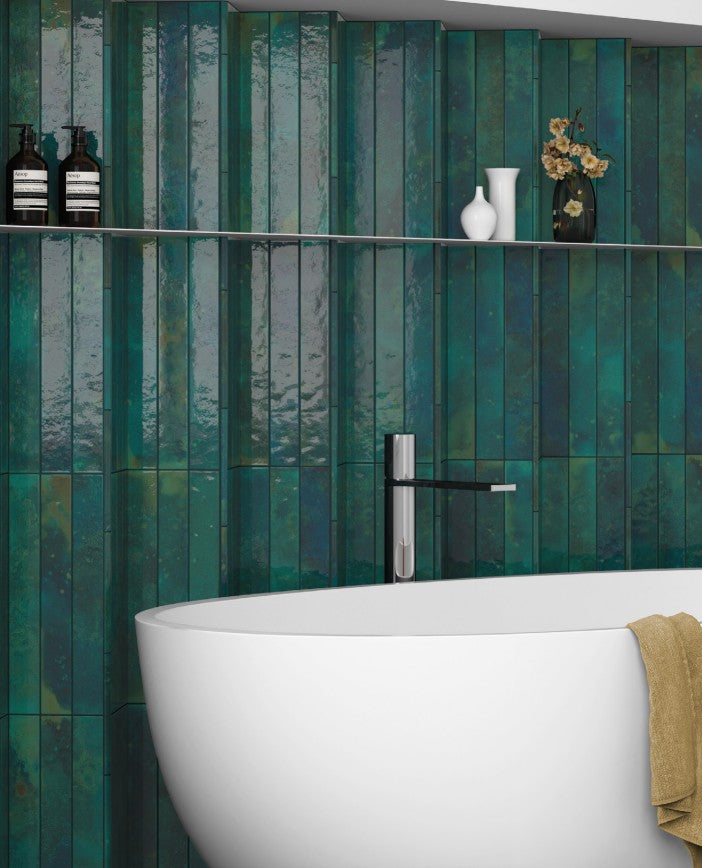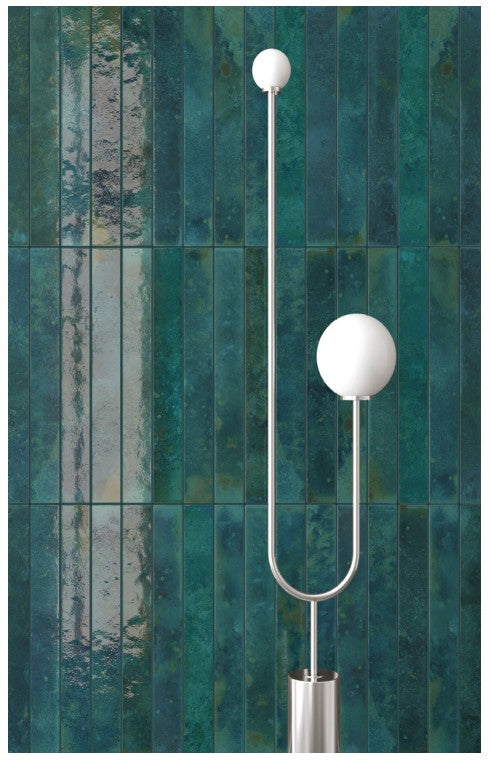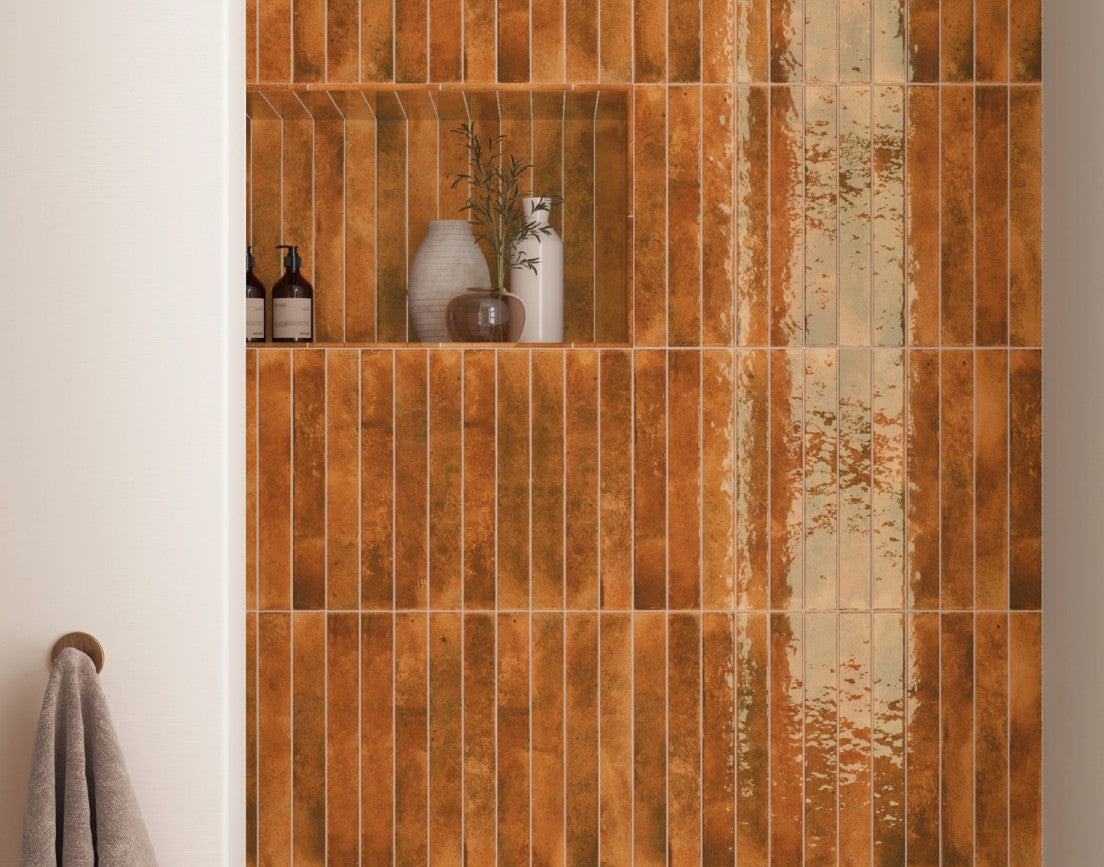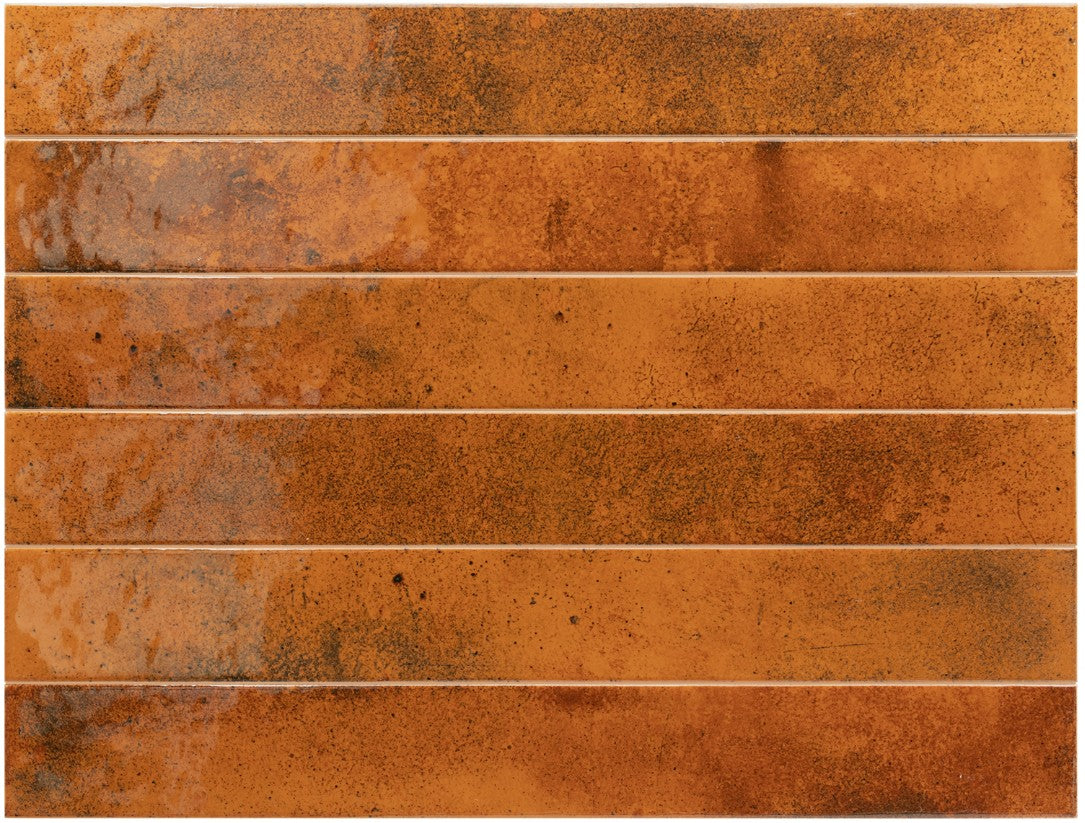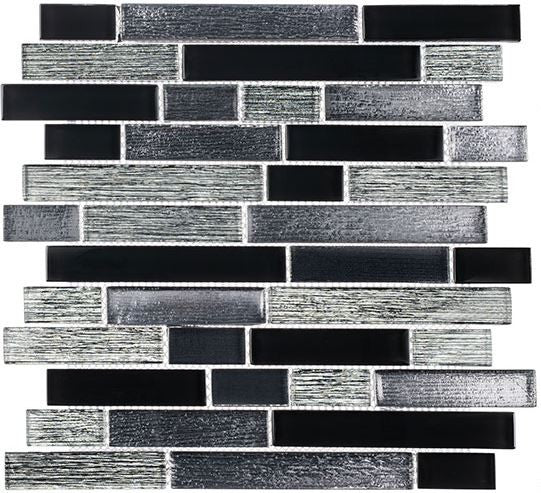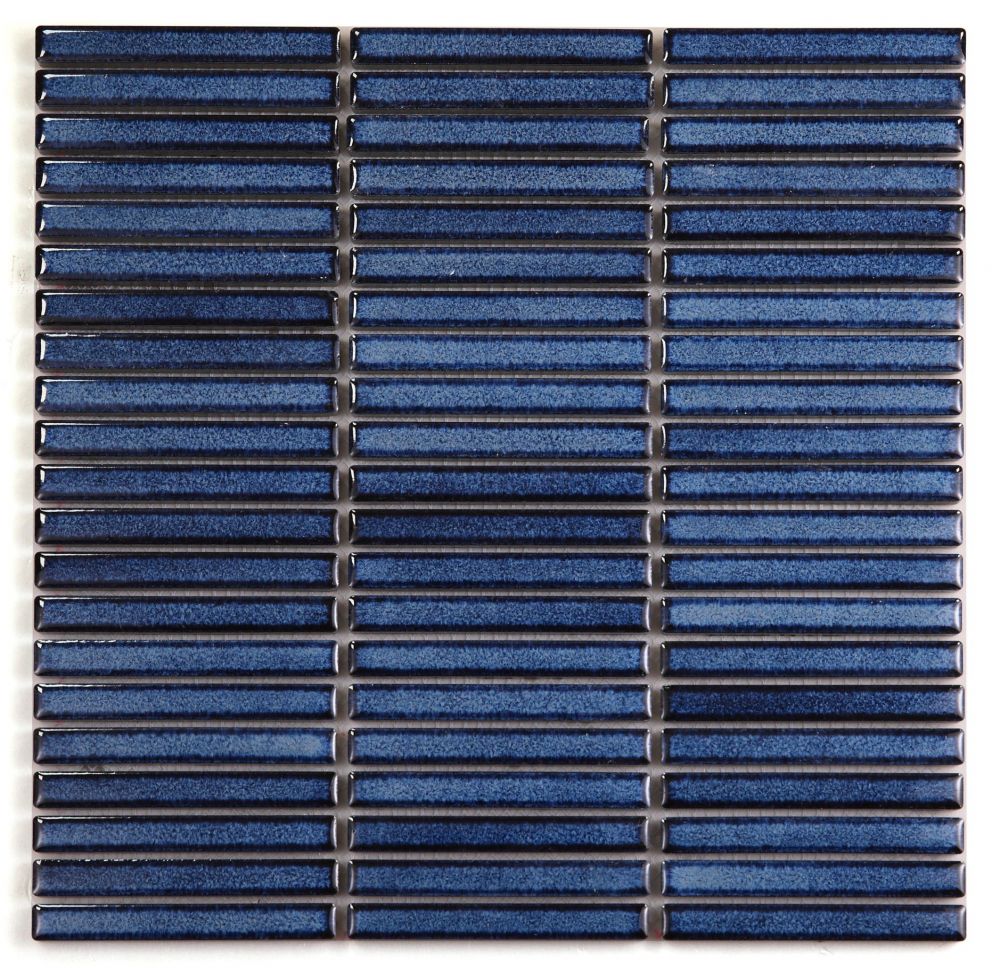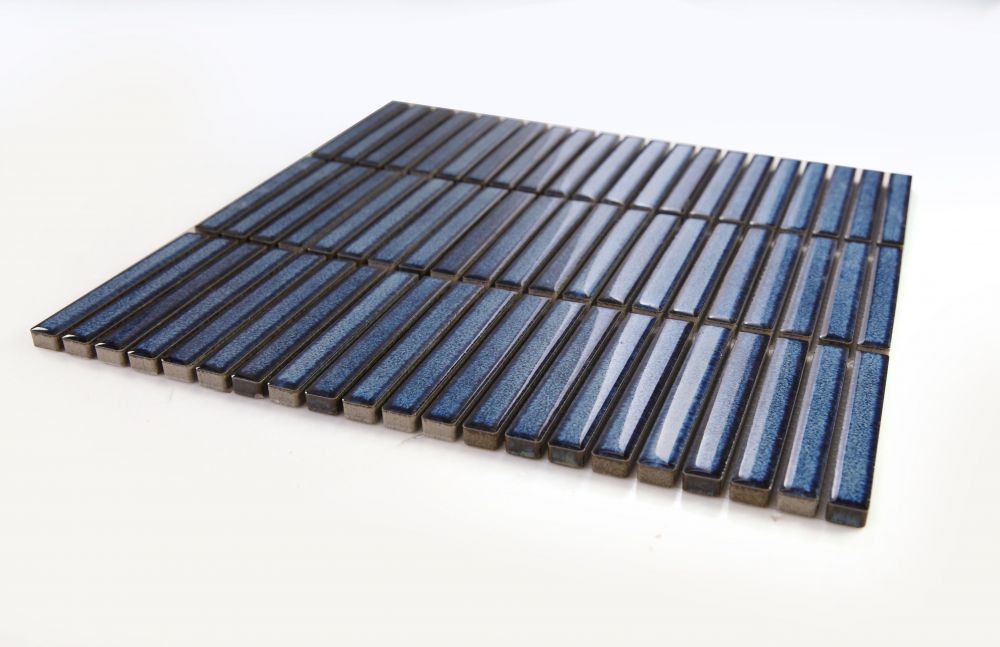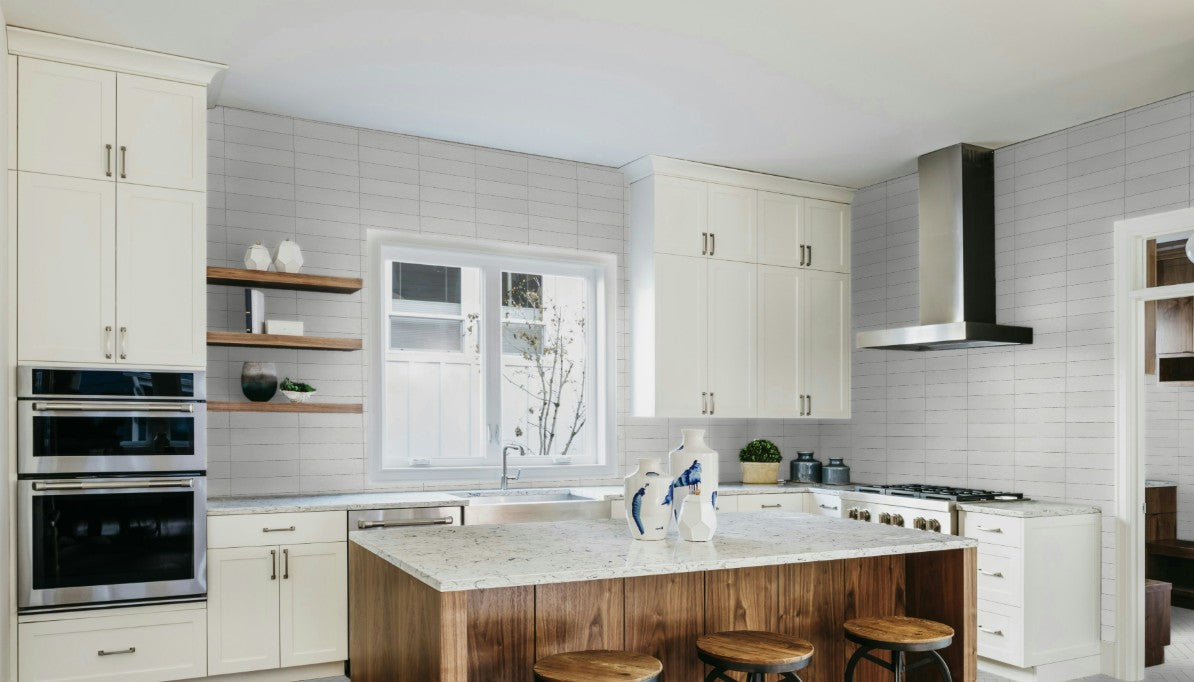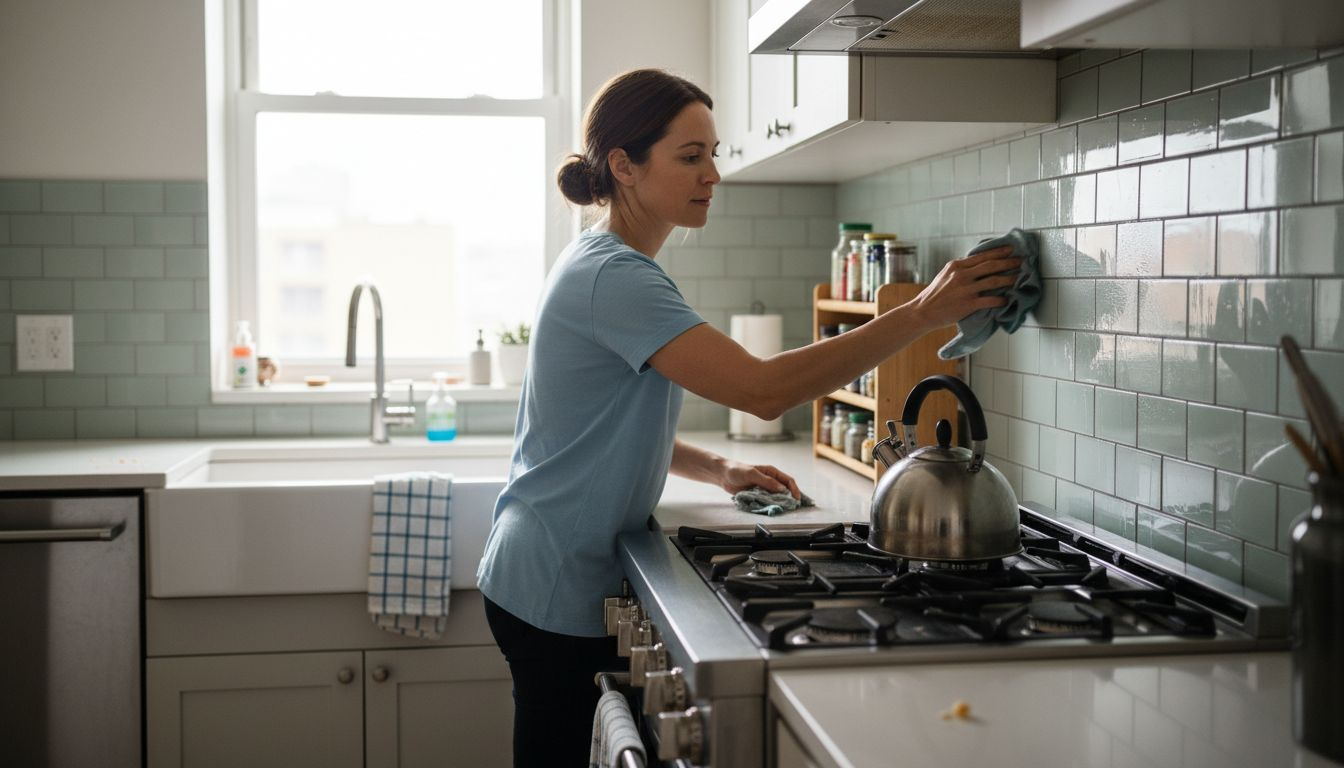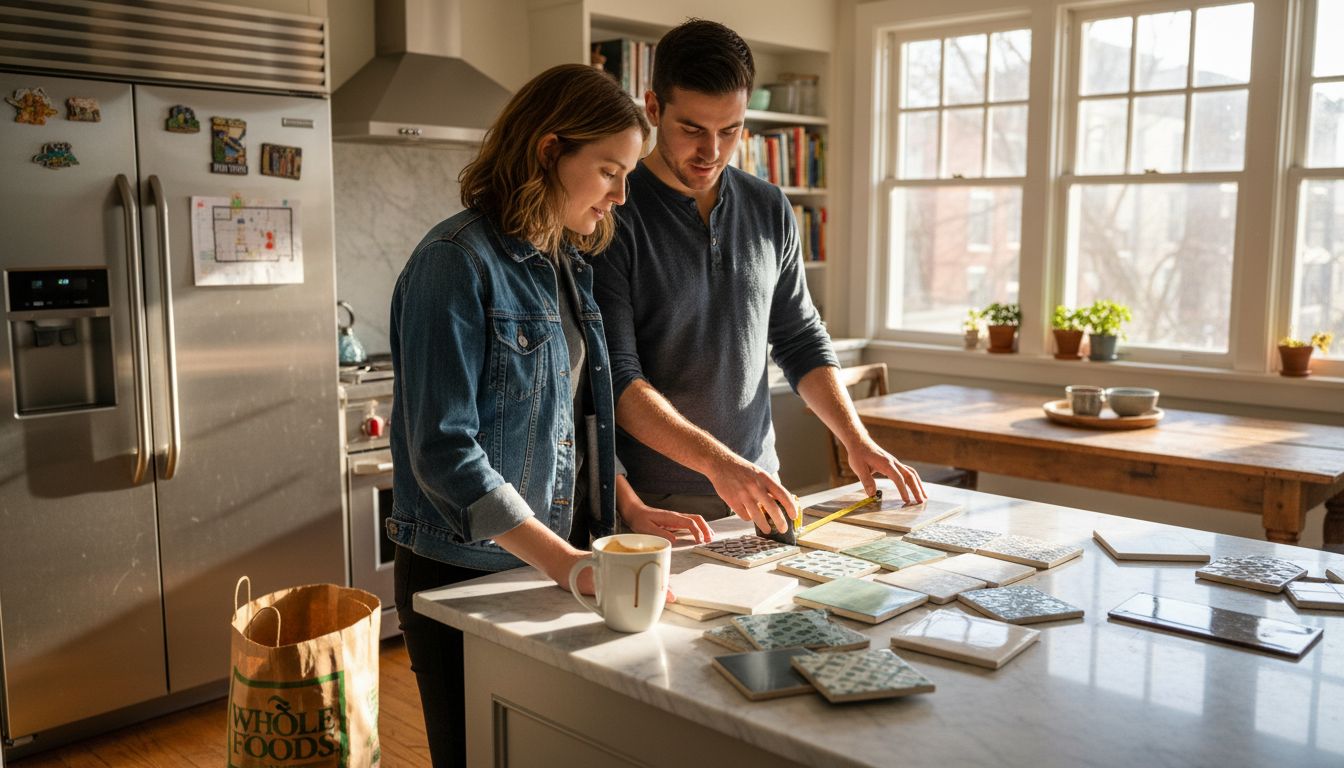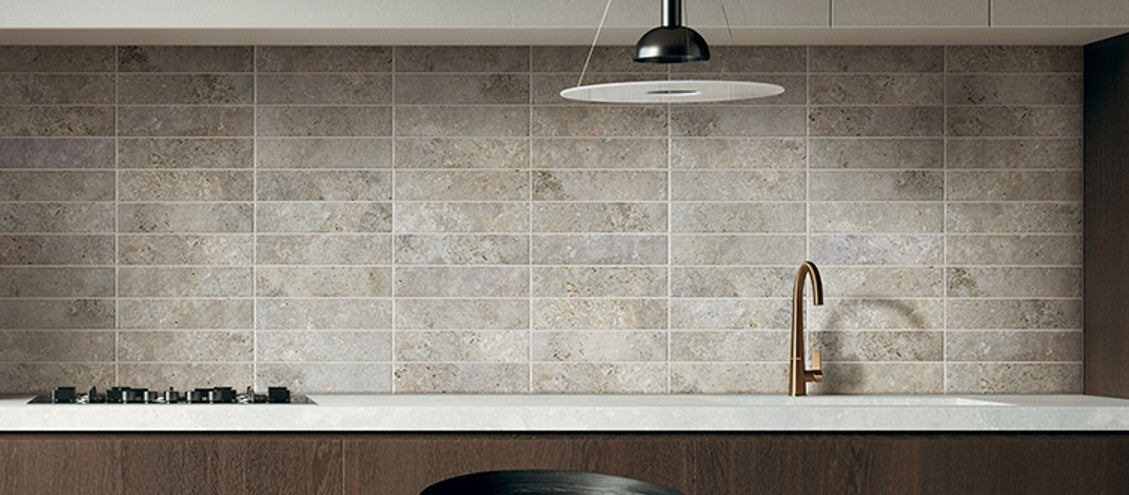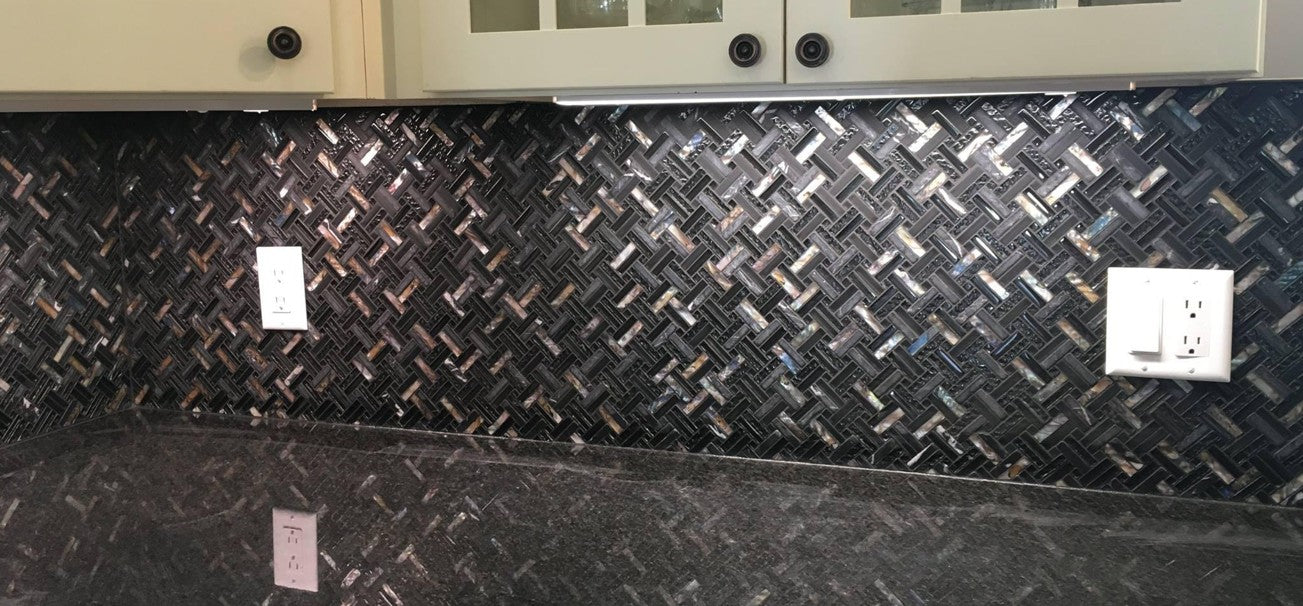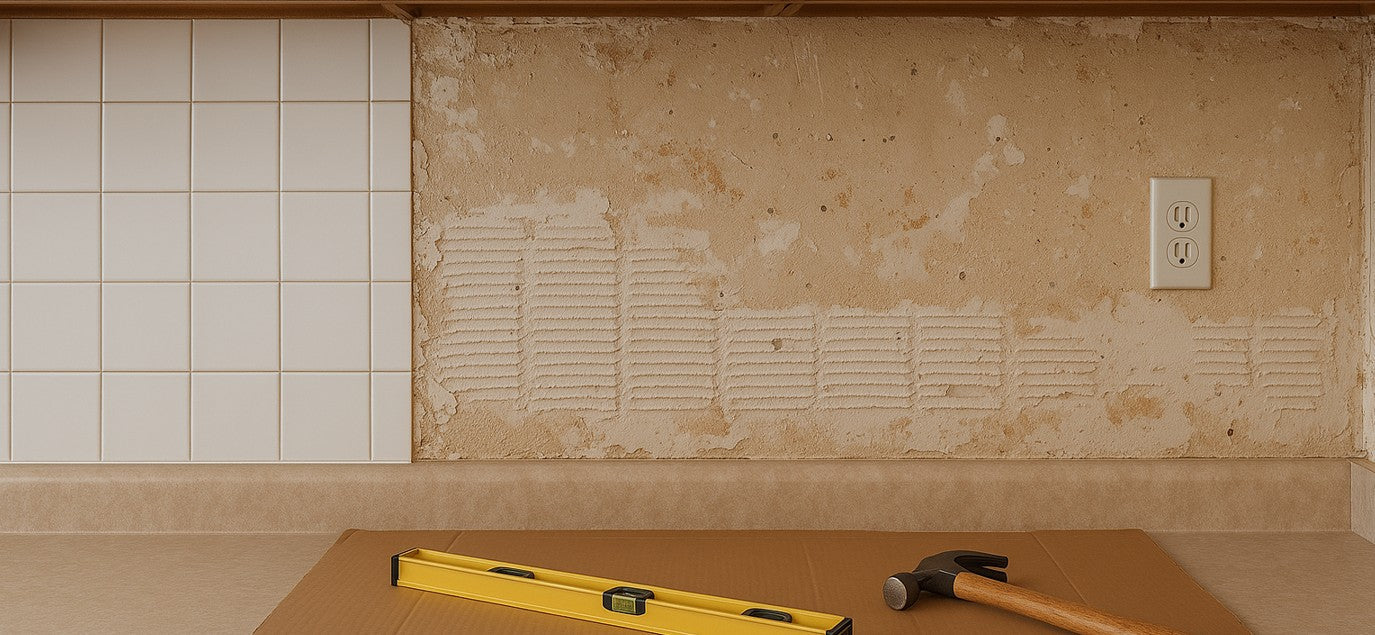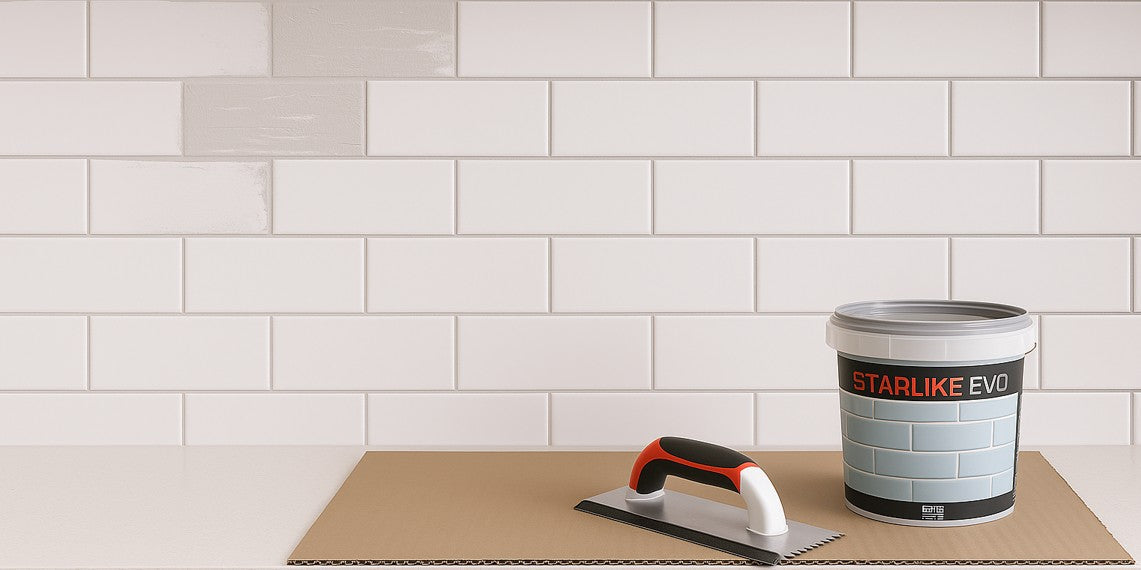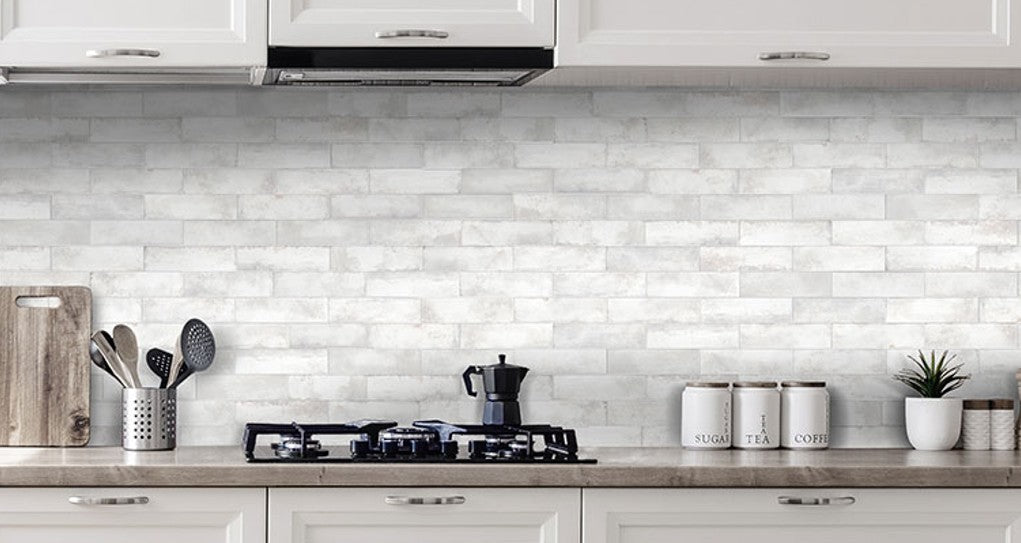Choosing the Best Tile Material for Your Kitchen Backsplash
Your kitchen backsplash isn’t just a design accent—it’s a functional surface that protects your walls and adds style to the heart of your home. One of the most important decisions when planning a backsplash is choosing the right tile material.
From classic ceramic to shimmering glass and rugged stone, each material has unique benefits and drawbacks. In this article, we break down the most popular kitchen backsplash tile materials to help you make the right choice for your space.
Ceramic Tile
Overview:
Ceramic tile is one of the most commonly used backsplash materials—and for good reason. It’s affordable, easy to work with, and available in a wide range of styles.
Pros:
- Budget-friendly
- Easy to clean
- Available in endless colors and patterns
- Works well with many design styles
- Resistant to heat and moisture
Cons:
- Can chip or crack if not installed properly
- Some glazes may stain over time if not sealed
- Not as durable as porcelain in high-impact areas
Best for: Homeowners seeking a classic, affordable, and low-maintenance option.
Porcelain Tile
Overview:
Porcelain is a type of ceramic, but it’s fired at higher temperatures—making it denser, more durable, and more water-resistant.
Pros:
- Highly durable and chip-resistant
- Great for both modern and traditional designs
- Low porosity makes it stain-resistant
- Can mimic stone, wood, or concrete looks
Cons:
- Slightly more expensive than ceramic
- Heavier and harder to cut—best installed by a pro
Best for: Busy kitchens where durability and low maintenance are key.
Glass Tile
Overview:
Glass backsplash tiles are known for their luminous, modern appearance and vibrant color options.
Pros:
- Reflects light to brighten the kitchen
- Non-porous and easy to wipe clean
- Available in transparent, frosted, and iridescent finishes
- Adds a high-end, designer feel
Cons:
- Can show smudges or fingerprints more easily
- Requires precise installation due to visibility of adhesives
- May scratch if abrasive cleaners are used
Best for: Contemporary kitchens looking for a touch of shine and visual depth.
Natural Stone Tile (Marble, Travertine, Slate, etc.)
Overview:
Natural stone tiles offer a timeless, organic look with unique veining and textures that man-made materials can't replicate.
Pros:
- One-of-a-kind appearance with natural variation
- Adds warmth, depth, and elegance
- Suitable for rustic, farmhouse, and traditional kitchens
Cons:
- Porous and requires sealing to prevent stains
- Can be more difficult to clean and maintain
- Often more expensive and heavy
Best for: Homeowners looking for a natural, earthy feel or a luxurious, timeless backsplash.
Metal Tile (Stainless Steel, Copper, etc.)
Overview:
Metal tiles bring a modern, industrial edge to kitchens and pair beautifully with stainless appliances.
Pros:
- Heat resistant and easy to clean
- Creates a sleek, professional look
- Reflects light for a bright, open feel
- Available in brushed, polished, or antique finishes
Cons:
- Can dent or scratch over time
- Fingerprints and water spots may show
- Requires proper backing to avoid adhesive bleeding through
Best for: Modern, contemporary, or industrial kitchen designs.
Peel-and-Stick Tile
Overview:
A DIY favorite, peel-and-stick tiles are made of lightweight materials with a self-adhesive backing for quick installation.
Pros:
- Easy to install without mortar or grout
- Great for renters or quick updates
- Affordable and available in various looks
Cons:
- Less durable than traditional tile
- Can peel over time if exposed to moisture or heat
- Limited in design complexity and depth
Best for: Budget-conscious DIYers or renters wanting a quick design upgrade.
Final Thoughts
When it comes to kitchen backsplash tile materials, there's no one-size-fits-all solution. The best choice depends on your lifestyle, design preferences, and budget. Whether you're drawn to the clean simplicity of ceramic, the sparkle of glass, or the organic charm of stone, your backsplash should reflect how you live—and how you want your kitchen to feel.

